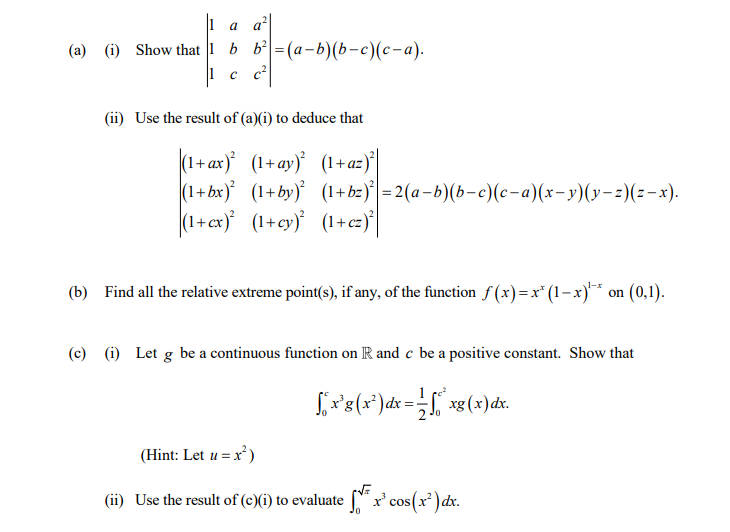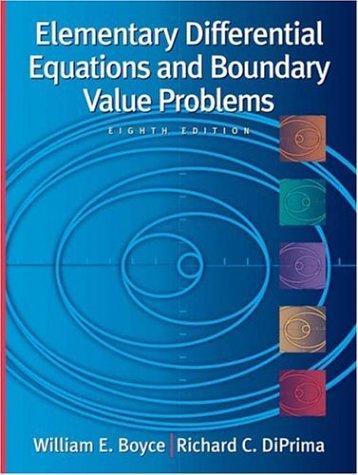Answered step by step
Verified Expert Solution
Question
1 Approved Answer
a a- (a) (i) Show that I b b =(a-b)(b-c)(c-a). C (ii) Use the result of (a)(i) to deduce that (1tax) (1tay) (1+az) ( 1

Step by Step Solution
There are 3 Steps involved in it
Step: 1

Get Instant Access to Expert-Tailored Solutions
See step-by-step solutions with expert insights and AI powered tools for academic success
Step: 2

Step: 3

Ace Your Homework with AI
Get the answers you need in no time with our AI-driven, step-by-step assistance
Get Started


